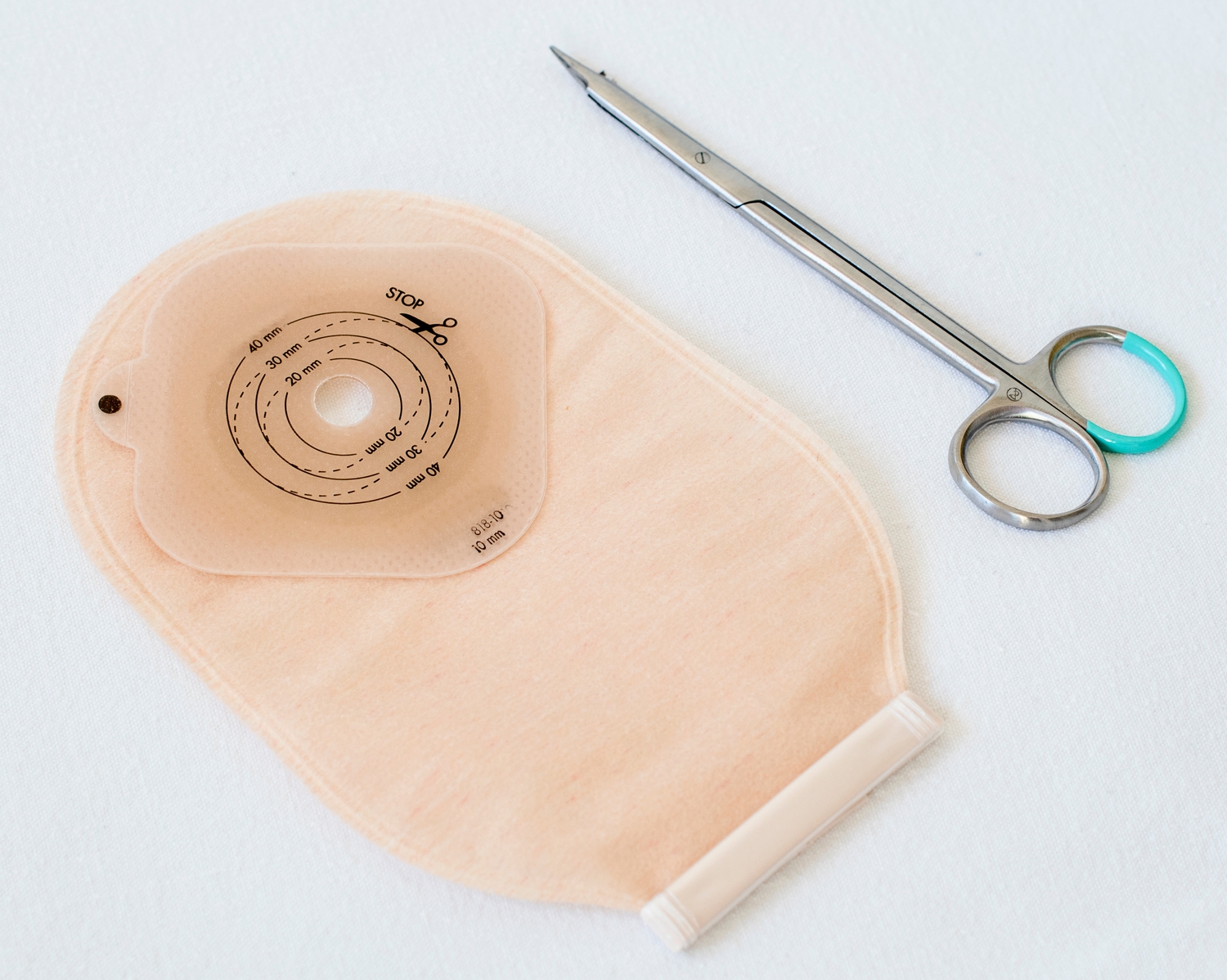Distinguishing Between Medications and Drugs: What You Need to Know
This article clarifies the differences between drugs and medicines, covering their origins, types, and uses. It explains how drugs can be recreational or harmful, while medicines are intended for health treatment. Key categories of drugs and medication forms are also discussed, emphasizing the importance of professional healthcare guidance for safe use. The clear distinctions help readers better understand these substances and their roles in health and wellness.

Understanding the Differences Between Medications and Drugs
Many people use the terms drugs and medications interchangeably, but they actually have distinct meanings based on their intended use. Drugs can have either beneficial or harmful effects and often serve to suppress symptoms temporarily. Conversely, medications aim to treat or cure illnesses. This article explores the differences between these substances and what you should expect from each.
What Are Drugs?
A drug is a substance that exerts a physiological impact on the body and can be ingested or introduced through other means. Drugs often refer to narcotics, stimulants, or hallucinogens. While some drugs are used responsibly for medical purposes, others are illegal, addictive, and may alter mental states.
What Are Medications?
Medications are substances designed to alleviate pain or treat specific conditions. They typically come in forms like pills, liquids, or syrups and are intended for safe, positive health outcomes. Unlike some drugs, medications generally do not carry negative connotations and are used under medical supervision.
Differences Between Drugs and Medications
Origin: The term drug originates from the Greek word “pharmacon,” while “medicine” comes from Latin “medicus,” meaning physician.
Active Components: Drugs are primarily active pharmaceutical ingredients (API), whereas medications include API plus excipients that aid delivery and stability.
Formulation: Drugs lack specific dosage forms, whereas medications are prepared in precise forms like tablets, capsules, or syrups.
Use: Drugs are often not recommended for direct consumption in treatment, while medications are formulated explicitly for therapeutic use.
Source: Drugs can be derived from microorganisms, minerals, plants, animals, or synthetic methods; medications may include drugs with additional formulation components.
While all medicines are classified as drugs, not all drugs qualify as medicines, highlighting their overlapping yet distinct nature.
Categories of Drugs
Doctors may prescribe different types of drugs, each affecting individuals in unique ways. Here are common categories:
Stimulants: Speed up the nervous system, boosting alertness and energy—a.k.a. “uppers.”
Depressants: Slow down brain and body activities, known as “downers.”
Hallucinogens: Induce altered perceptions, causing hallucinations; examples include LSD and psilocybin.
Opioids: Potent painkillers that also cause euphoria and high addiction potential.
Dissociative anesthetics: Block pain perception by disconnecting the brain’s pain signals.
Inhalants: Substances inhaled for rapid effects, often with harmful consequences on brain health.
Narcotic analgesics: Relieve pain and produce mood changes, sometimes leading to euphoria.
Types of Medications
Medications are categorized based on their usage and form:
Over-the-counter (OTC): Available at pharmacies and stores without a prescription, OTCs include pain relievers, antacids, and cold remedies. They are used for minor ailments.
Prescription medications: Require a healthcare provider’s approval and are used to manage serious conditions like diabetes, hypertension, and infections. Strict adherence to instructions is essential.
Complementary medicines: Also known as alternative therapies, including herbal, vitamin, or homeopathic remedies, often purchased without prescriptions.
Unlike drugs, medicines are typically non-addictive and prescribed specifically to treat particular illnesses. People should always consult healthcare professionals for proper diagnosis and treatment.
Disclaimer: This article provides general information about symptoms, treatments, and health conditions. It is not a substitute for professional medical advice. Always consult qualified healthcare providers for diagnosis and treatment options.










